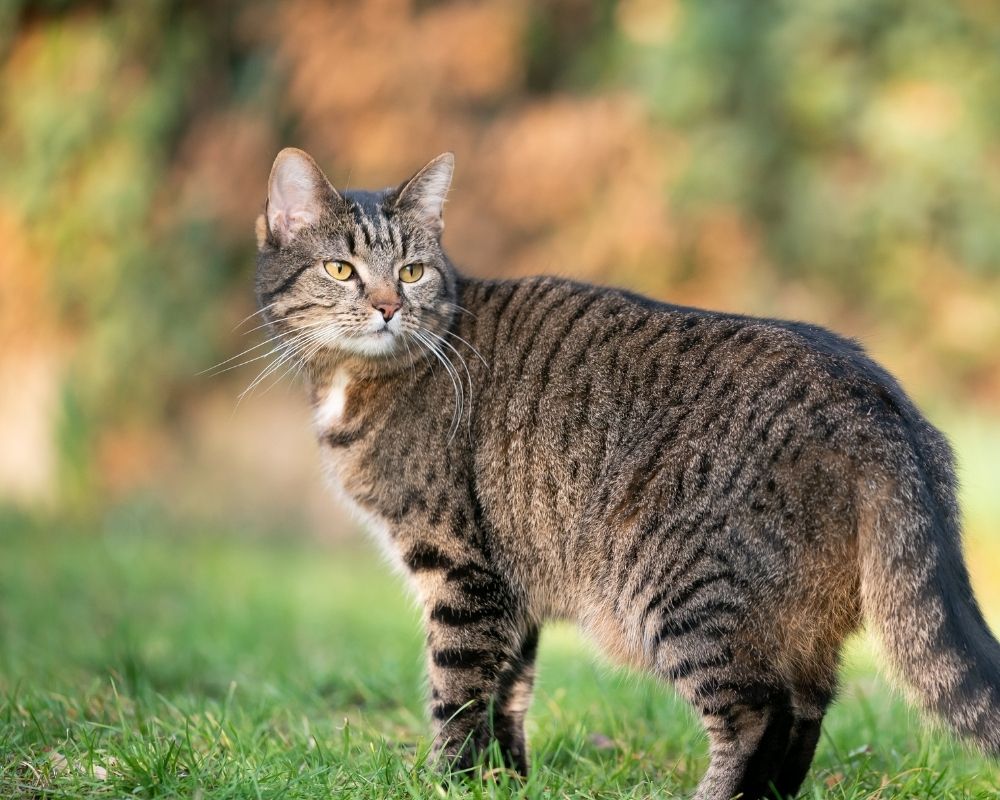Veterinary Services
Pet Spay & Neuter
At Express Vet NM, we believe that spaying/neutering your pet has many benefits. The procedure, which prevents animals from reproducing, can help your dog or cat live a longer, healthier life.
Spay & Neuter
By spaying/neutering your pet, you’re protecting him/her against potentially deadly diseases, reproductive tract diseases, and several types of cancer. In addition, spaying/neutering your pet will help control the dog and cat overpopulation problem, keeping more animals out of shelters.
Aftercare Instructions
Restrict the animal’s activity for the next ten days.
Do not allow the animal to lick or chew at the incision.
An Elizabethan collar MUST be worn for the first seven days after surgery to prevent additional licking/chewing that could cause infection.
Appetite should return gradually within 24 hours of surgery.
Surgical sutures are dissolvable.
Check the incision site twice daily.
IF YOU FEEL YOU HAVE AN EMERGENCY
If the animal received a vaccine.
We will make every reasonable effort to treat at OUR CLINIC.
We will make every reasonable effort to treat at OUR CLINIC, at minimal cost, any post-operative complications resulting directly from the surgery, if the above post-operative instructions are followed in full. Your regular veterinarian must address illnesses or injuries that are not a direct result of surgery. Please click here to book an appointment as soon as you see any cause for concern or call us at 505-508-4527.

